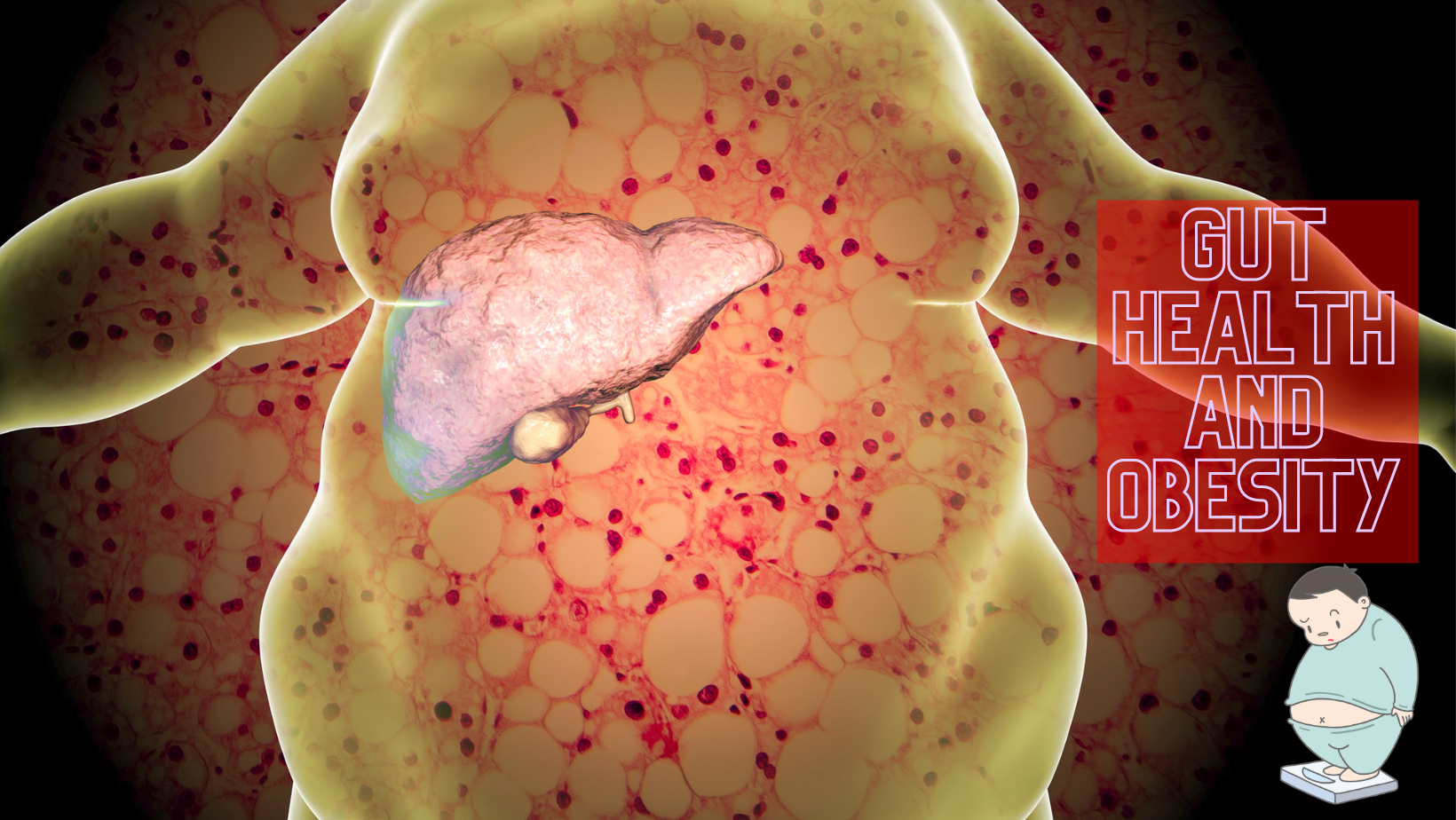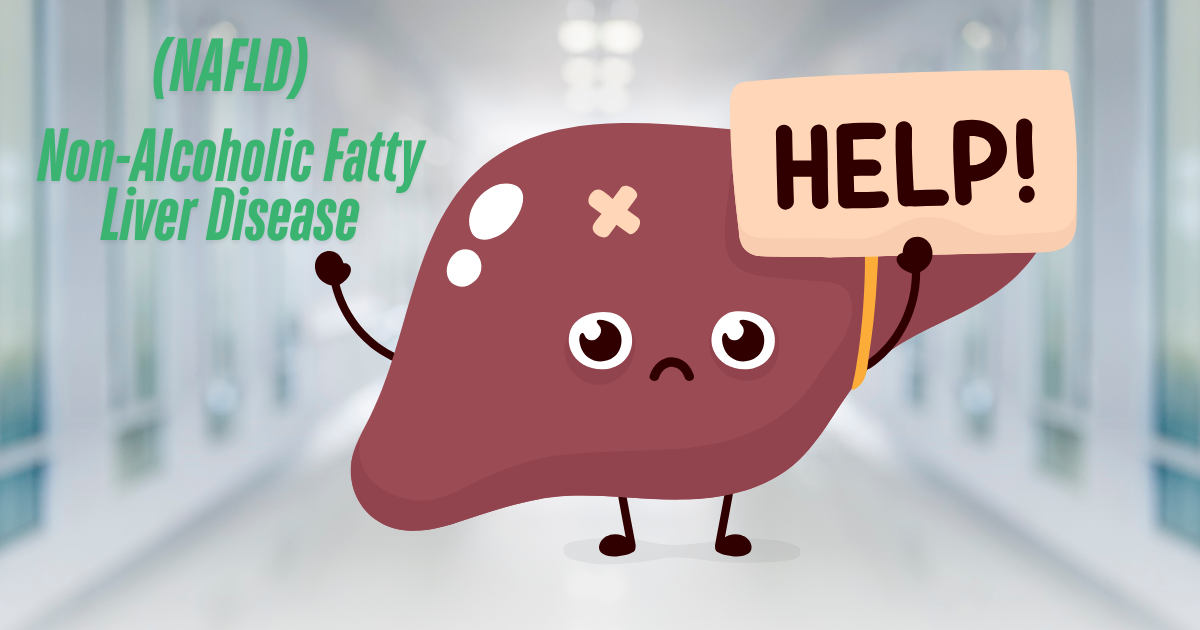Title: The Link Between Gut Health and Obesity: Understanding the Role of the Gut Microbiome
Introduction:
Obesity is a complex health issue affecting millions of people worldwide. In recent years, researchers have been uncovering intriguing connections between gut health and obesity. The gut microbiome, the community of microorganisms residing in our digestive tract, appears to play a significant role in weight regulation and metabolic health. In this article, we will explore the link between gut health and obesity, shedding light on how the gut microbiome influences body weight and potential strategies to promote a healthy weight through gut health optimization.
The Gut Microbiome and Obesity:
The gut microbiome is a vast ecosystem of bacteria, viruses, fungi, and other microorganisms. Emerging research suggests that alterations in the composition and diversity of the gut microbiome may contribute to the development of obesity. Individuals with obesity often exhibit differences in their gut microbiome compared to those with a healthy weight.
Microbial Diversity and Weight Regulation:
A diverse and balanced gut microbiome is believed to be associated with better weight regulation. Studies have shown that individuals with a higher microbial diversity tend to have healthier body weights, while reduced microbial diversity has been observed in individuals with obesity.
Influence on Energy Harvesting and Fat Storage:
Certain bacteria in the gut microbiome have the ability to extract more energy from the diet, potentially leading to increased calorie absorption and fat storage. This can contribute to weight gain and obesity. Imbalances in gut bacteria may disrupt energy regulation mechanisms, impacting metabolic health.
Inflammation and Metabolic Dysfunction
Imbalances in the gut microbiome can trigger low-grade inflammation, which has been linked to metabolic dysfunction and obesity. Chronic inflammation may interfere with hormonal regulation, impair insulin sensitivity, and contribute to weight gain.
Gut-Brain Communication and Appetite Regulation:
The gut communicates with the brain through the gut-brain axis, a bidirectional communication pathway. The gut microbiome can influence this communication, potentially affecting appetite regulation, food cravings, and energy balance. Imbalances in the gut microbiota may lead to dysregulated appetite control and a higher propensity for overeating.
Strategies for Promoting Gut Health and Managing Weight:
Balanced Diet:
Emphasize a diet rich in whole, unprocessed foods, high in fibre, and low in added sugars. This promotes a diverse and healthy gut microbiome.
Probiotics and Prebiotics:
Consider incorporating probiotic-rich foods or supplements and prebiotic fibres to support the growth of beneficial gut bacteria.
Regular Physical Activity:
Engage in regular exercise, as it has been shown to positively influence gut microbial diversity and metabolic health.
Stress Management:
Chronic stress can impact gut health. Implement stress-reducing techniques such as meditation, mindfulness, and relaxation exercises.
Consult a Healthcare Professional:
If you have concerns about your weight or gut health, consult with a healthcare professional who can provide personalized guidance and recommendations.
Conclusion:
Understanding the connection between gut health and obesity sheds light on the importance of maintaining a healthy gut microbiome for weight management and overall health. By prioritizing gut health through diet, lifestyle modifications, and stress management, it is possible to promote a balanced gut microbiome and support healthy weight regulation.





You have noted very interesting points! ps decent web
site.Blog monry
Thanks if you need more info about health Awareness Just MASSGGE that topic. I’ will answer in my post